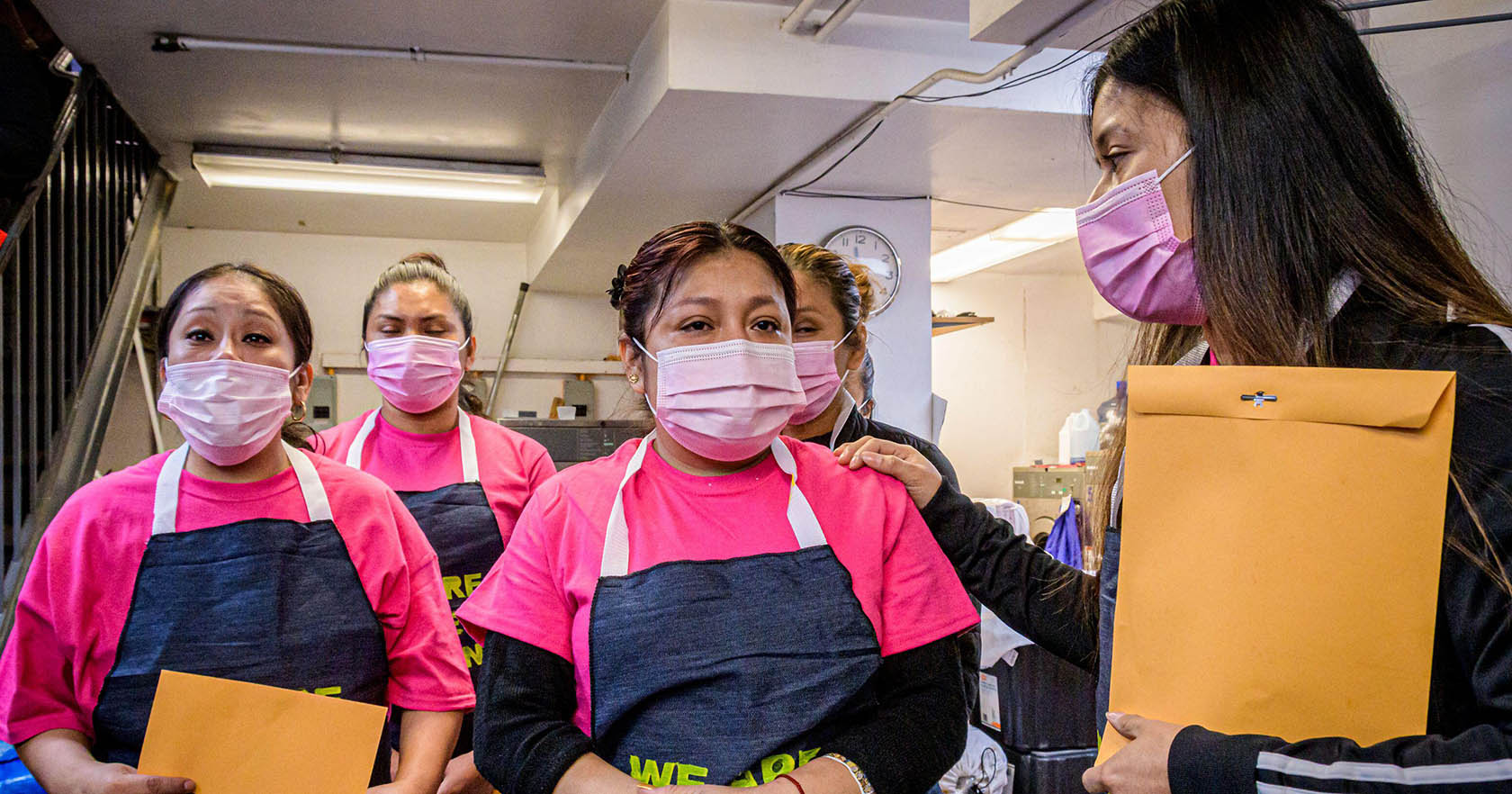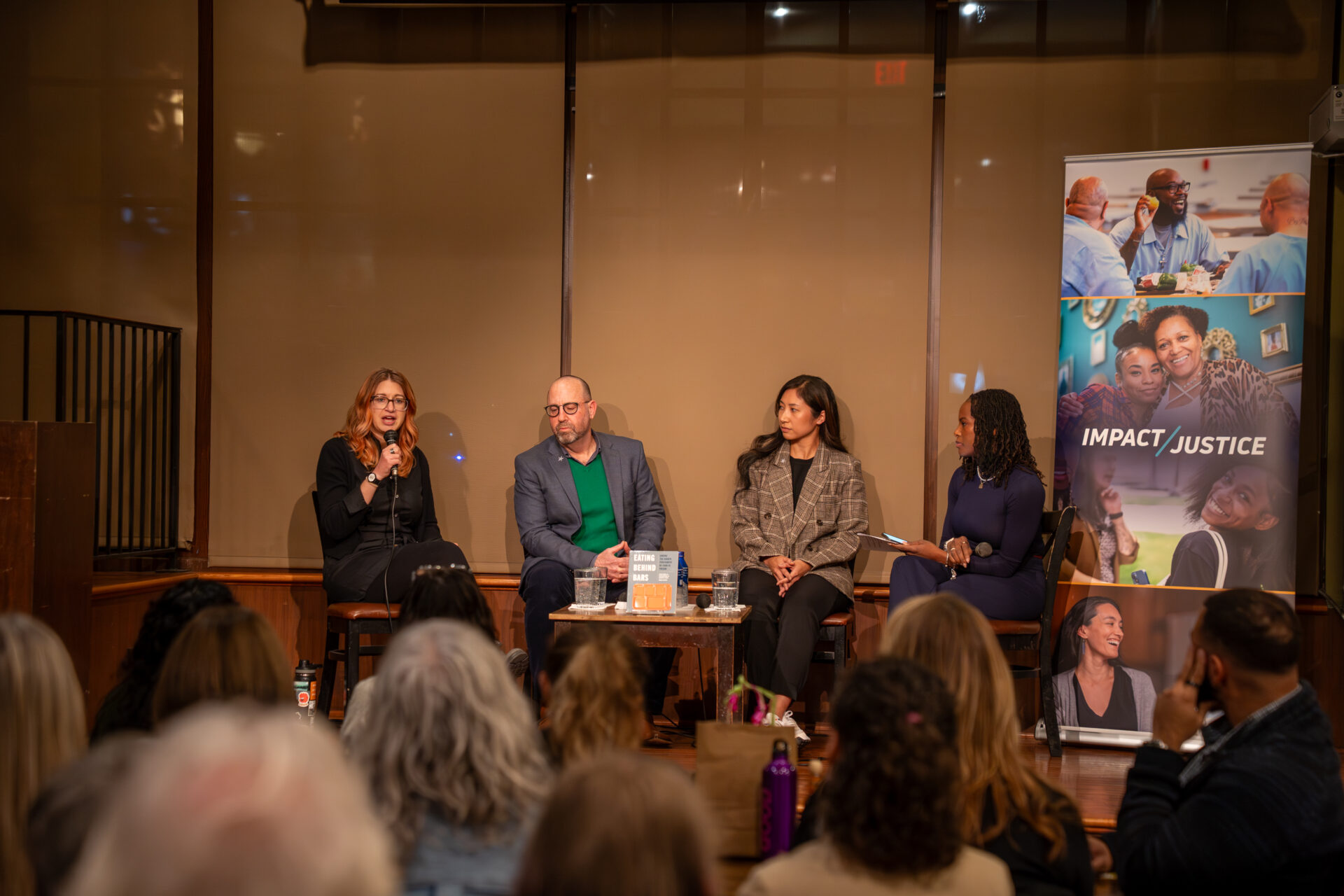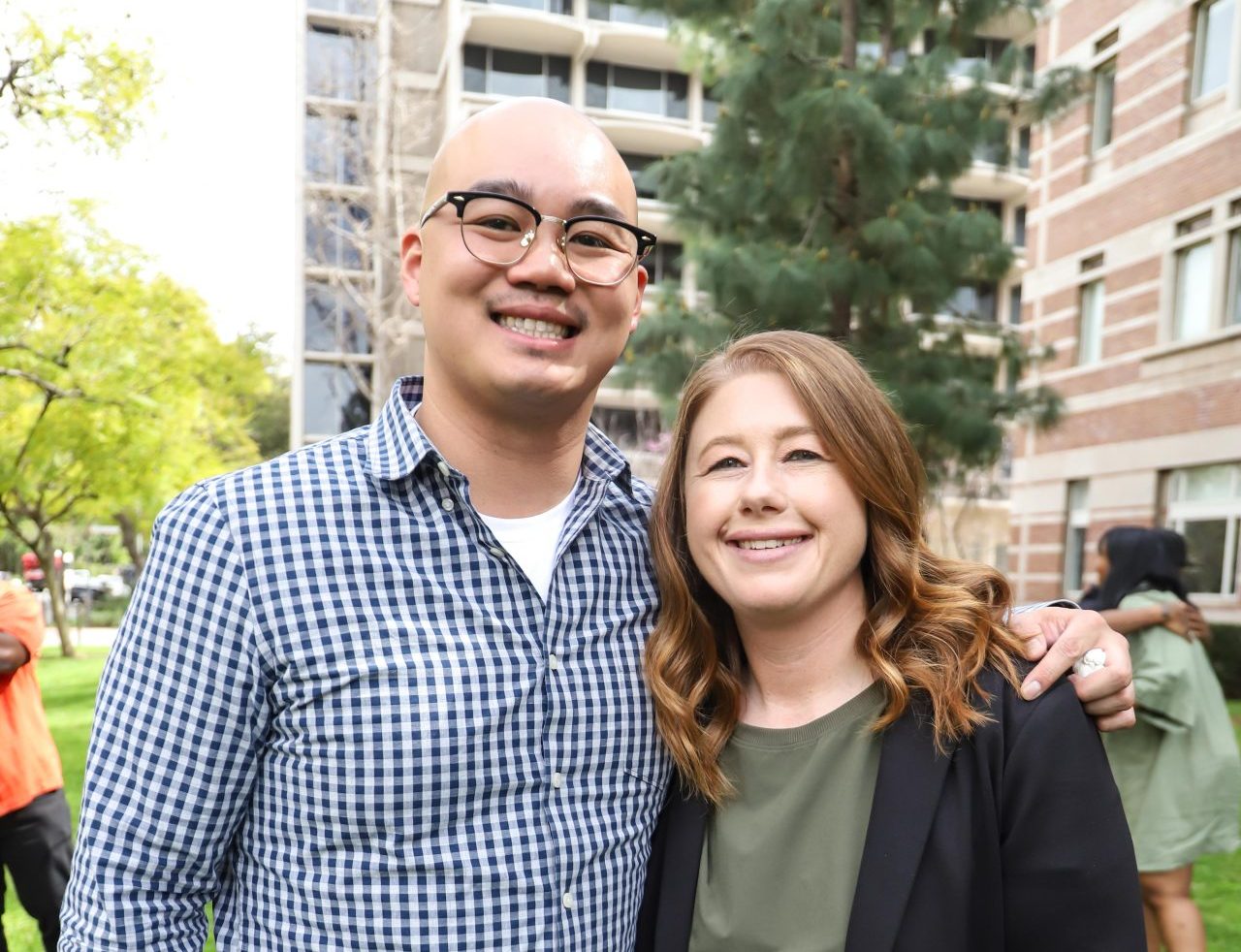Where a skinny Black girl
descended from slaves and raised by a single mother
can dream of becoming president
only to find herself reciting for one
We watched Amanda Gorman recite her moving poem on the steps of the Capitol on January 20, 2021 as Joe Biden and Kamala Harris took their first steps into the presidency and vice-presidency. We cheered for the young Black woman, descended from slaves and raised by a single mother, as she shone a bright beacon of truth on the past and hope for the future. As Ms. Gorman shared her place on the stage with Vice President Harris, the nation’s first female vice president, first Black vice president, and first vice president of South Asian descent, the multitude of firsts for the day and the years to come loomed large.
The achievements of Vice President Harris and Amanda Gorman are momentous, as are the achievements of the multitudes of women who will scroll through your social media feed this month. We joyfully celebrate them for the hurdles they have overcome and the doors they have opened for those who will follow. But while we celebrate and hope for the future, let’s also reflect deeply on the work of women who are relegated to invisible labor.
For just three months in 2020, women held more jobs than men in the U.S. economy for just the second time in history. Almost a year after the COVID-19 pandemic hit, CNN reported all of the jobs the economy lost in December 2020 were held by women. But that headline belied the fact that those job losses were not shared equally by all women. In actuality, white women made significant gains while Black and Latinx women and mothers, as well as single mothers bore the brunt of the loss.
These women, while they may no longer be able to collect a paycheck, nevertheless continue to carry the burden of childcare and domestic work. They have also taken on the additional role of educator in disproportionately large numbers. COVID-19 has reinforced and deepened many of the gender inequalities that we thought we may be overcoming, inequalities that are multiplied for Black and Latinx women. The long-term impact that this will have on the career growth, earning potential, and overall well-being of these women will be enormous.
As women continue to make history, we must not only revel in the highlights, but work to end the backslides. We must recognize the role that all women play to hold up our society. We must support women as frontline workers, educators, and employees of industries that have suffered the greatest job losses. We must support women who mother their own children and care for the children of others. We must build a society where women can care for themselves and their families without struggling to make choices between basic needs and working outside the home. We must advocate for economic and racial justice for all. We must value all work that is done by women before we can celebrate a victory for all women.
Photo credit: Laundromat workers confront their employer regarding the current working conditions. On the commemoration of the International Day for the Elimination of Violence against Women, November 25, 2020 a group of seven laundromat workers in New York City, confronted their employer at Wash Supply in Manhattan, alleging abuses of labor law and labor rights. These women have been designated essential workers and their labor makes it possible for people on Manhattan’s Upper West Side to have their clothes cleaned. Credit: Sipa USA/Alamy Live News. New York City, USA. 25th Nov, 2020.



